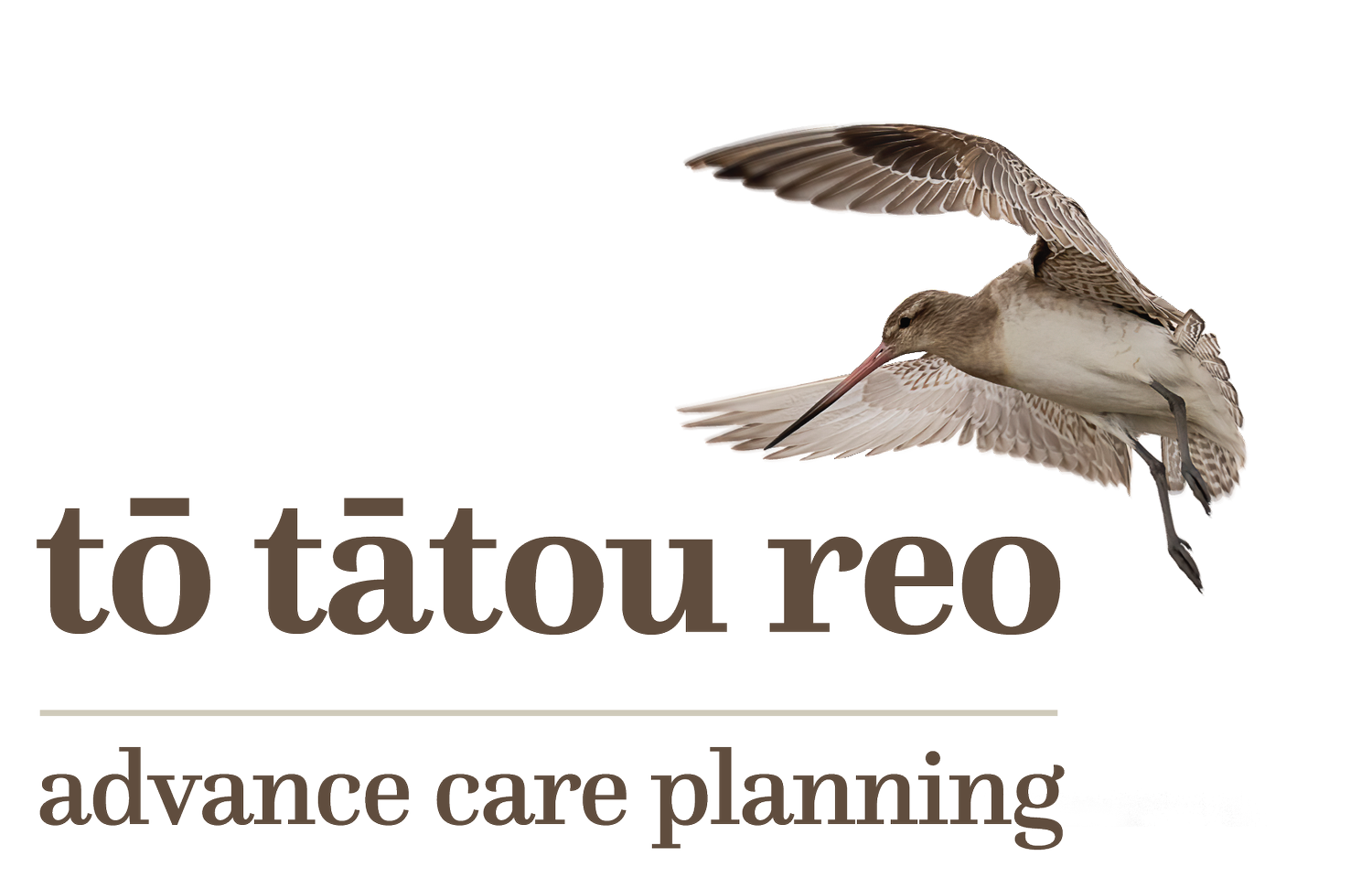News


Finding dignity and peace – a homeless man’s experience with advance care planning
‘Homeless people have expressed feeling less worried about their end-of-life and after- life care, compared to being left to die alone on the streets or in hospital, uncertain if their preferences, beliefs, and wishes would be heard and honoured.’

Should I tell them I’m not Māori?
Research shows that Māori have inequitable access to tests, prescriptions, interventions and quality care compared with the rest of the population.
Tō tātou Reo advance care planning Māori engagement manager Maarie Hutana explores why this continues and how we can use a cultural safety approach to place a person at the centre of their care.

Illness is part of life’s journey, not a new identity
Content notice: This article deals with sensitive topics including death and cancer. You never really know how you will react to a situation until you are in it, but it certainly helps to have a plan. This is what adventurer, mother and palliative care nurse practitioner Carla Arkless discovered after a cycling trip around the globe was cut short by a terminal cancer diagnosis.
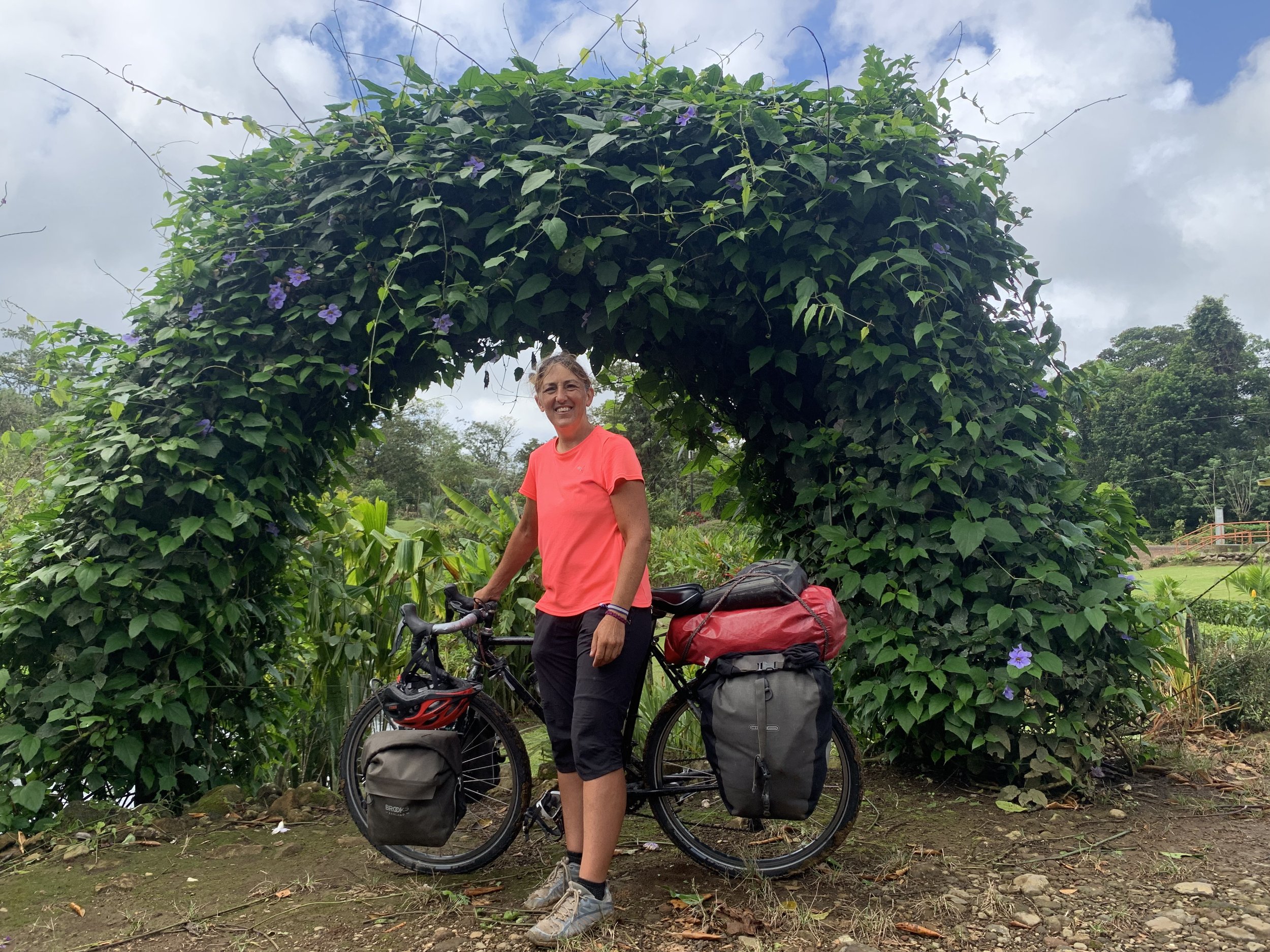
Tips for clinicians from the other side of the plan
Nurse practitioner Carla Arkless is a familiar face to many, with more than 20 years’ experience working across palliative and advance care planning circles in Aotearoa. She is now making the most of the support her own plan provides after a cycling trip was cut short by a terminal cancer diagnosis.

Normalising kōrero around death – an interview with the Casketeers
When whānau meet with funeral directors Francis and Kaiora Tipene, one of the first things the couple does is thank them for their courage.
‘It is a brave thing to do, and we want to acknowledge that. We hope to make it normal to kōrero about death.’

Sudden life changes don’t discriminate
When Danielle Murphy’s father had a stroke earlier this year, her whānau discovered they didn’t know what he wanted if his health changed for the worse.
‘It was a huge eye-opener for us all. Things like that can strike at any time,’ the nursing student and proud Māori Women’s Welfare League member said.
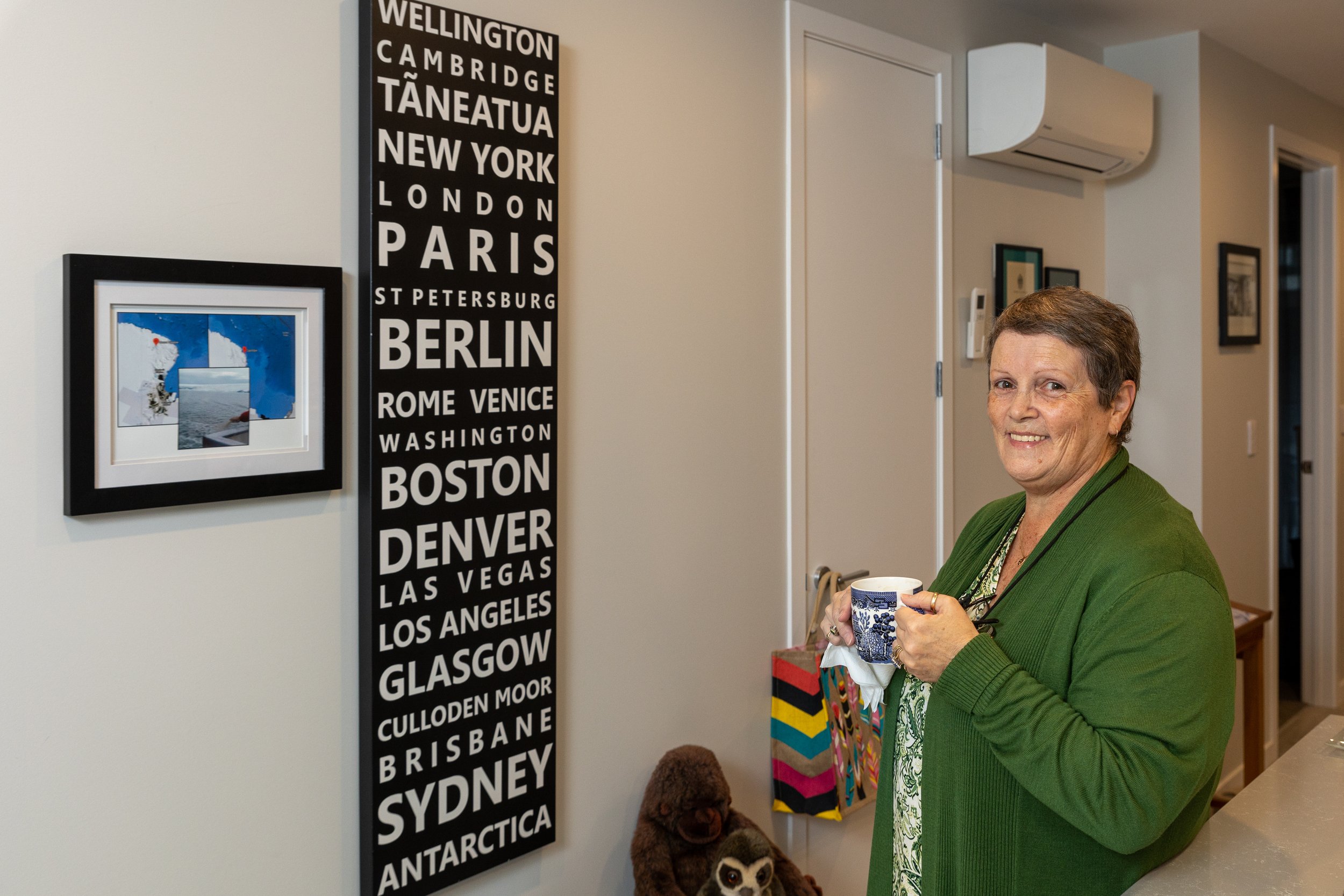
No ordinary goodbye
When Cheryl Shearer’s husband Ian was diagnosed with a terminal illness, she knew exactly what he wanted thanks to advance care planning.
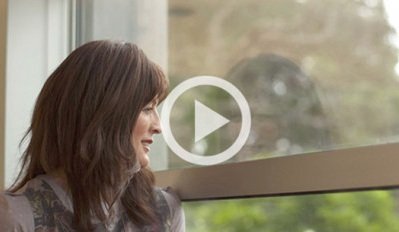
Tammy's story
Tammy Wells (‘the Briscoes’ lady’) talks about having conversations that count and how it is a gift for your family.

Heather's Story
Dr Heather Roberston, Advance care planning clinical lead for Hauora Tairāwhiti, the district health board of Tairāwhiti, talks about how her serious car accident brought home the importance of sharing your ACP with loved ones.
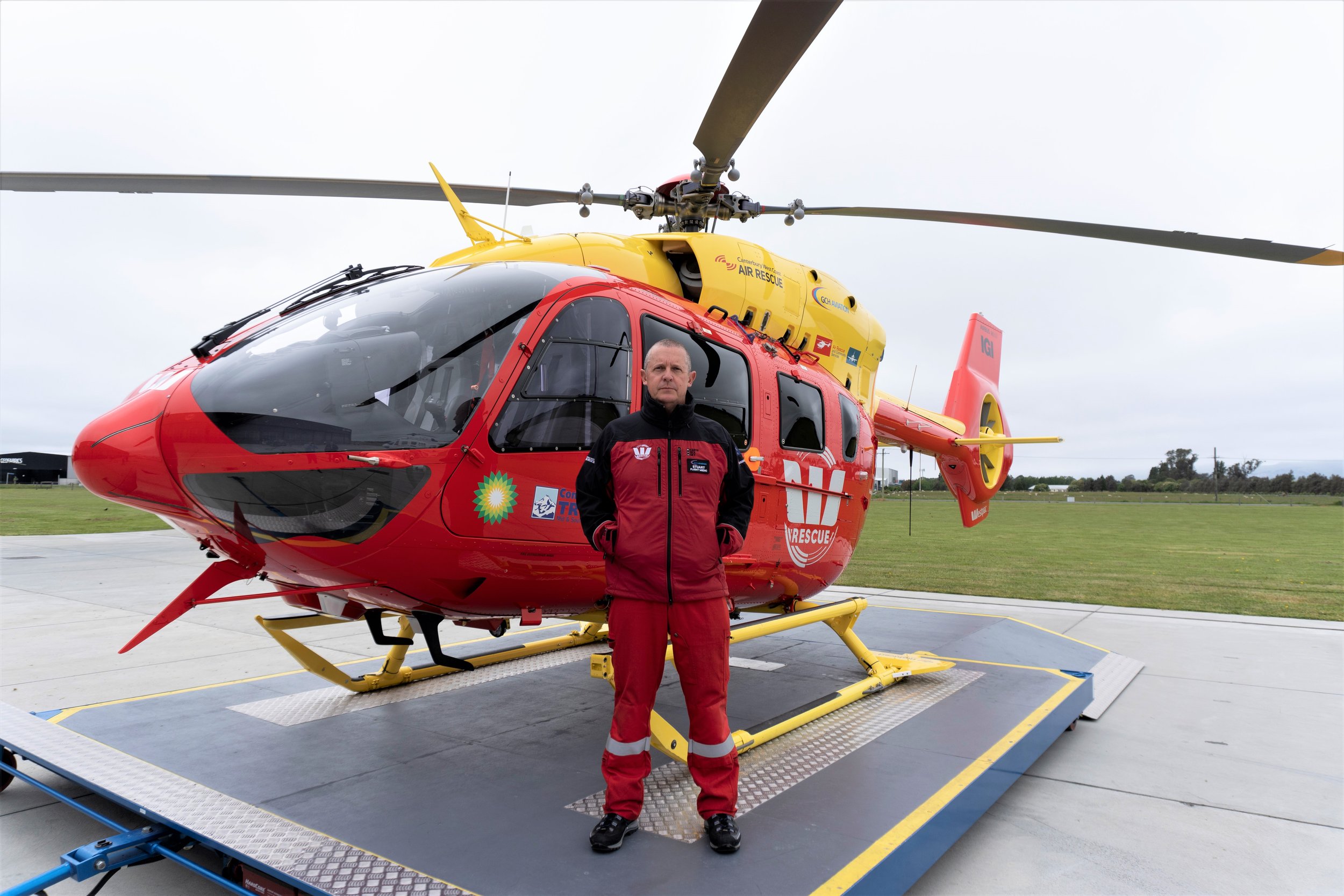
It’ll never happen to me, I’m the rescuer
People who work in emergency services care deeply about their patients but aren’t always as good at planning for their own health care, Christchurch paramedic and helicopter rescue crew member Stuart Cook says.

Facing the future on the farm with advance care planning
Farmers in Aotearoa have to be prepared for anything – from the ever-changing weather to issues with stock, crops and machinery.

Adrenalin sports enthusiast up for advance care planning challenge
Adrenalin sports enthusiast and paramedic Lee Den Haan isn’t afraid of a challenge, but his newest one is something a bit different.

Patient story: Mum was a glowing light
Sue Limmer experienced mental illness for more than 10 years. Her illness took a serious toll on her family, including her father and daughter Annalee, who were her main sources of support.

Lianne’s Story
Christchurch Mayor Lianne Dalziel recently had a conversation with her husband and friends about how she’d like to be cared for if she was dying.

Arn and Joseph's stories
Living For Today Planning For Tomorrow: Arn and Josef’s advance care planning stories.

Advance care plans can help reduce stress and tension in families
This article was contributed by Jan Wallace, an Anglican priest living in Auckland.

Plan helps whānau face an uncertain future
Tahu Hikuroa’s aggressive brain tumours mean his future is uncertain. But, having an advance care plan has helped Tahu and wife Jo to make some tough decisions and feel more in control about what lies ahead.

What would you like me to do if your heart stops?
Most of us can only imagine what having someone die in front of us would be like, but it’s part of the job for Wellington paramedic, Sean Thompson.

Sue’s Story
Sue Limmer experienced mental illness for more than 10 years. In this video her daughter, Annalee, talks about her mum's advance care plan and how helpful it was for her family in Sue's final days and weeks.
